House of Representatives Investigates Alleged N81.2 Billion Expenditure by Great Green Wall Agency
The House of Representatives has launched a probe into the alleged spending of N81.2 billion by the National Agency for the Great Green Wall.
The funds were reportedly utilized to plant 21 million trees across 11 states. Concerns have emerged due to conflicting financial records and doubts about the effectiveness of the project.
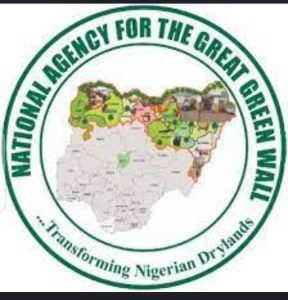
During an investigative hearing focused on the ‘Utilization of ecological funds released to National Great Green Wall (NAGGW) from 2015 to date’, lawmakers expressed dissatisfaction with financial reports provided by the Central Bank of Nigeria, the Office of the Accountant General of the Federation, and the Agency itself. They raised queries about various expenditures, including amounts allocated for office renovations, capital projects, and projects assigned to lawmakers under Constituency Projects.
Lawmakers also brought to light concerns regarding large sums of money held in the Agency’s account without adhering to financial regulations. There were additional worries about the lack of audits, substantial spending on capacity building, and alleged high failure rates among the planted trees.
Of particular note, a sum of N1 billion belonging to the Agency was fraudulently laundered in 2015 but later recovered. This investigation has uncovered improper transfers facilitated by financial institutions and the Bureau de Change.
Key documents unveiled a total of N9.47 billion in the Agency’s account, with only one out of seven accounts being mandated. Additionally, substantial amounts from Derivation & Ecology Accounts and capital expenditure were allocated to the Agency.
Responding, Dr. Yusuf Bukar, the Managing Director of NAGGW, emphasized the Agency’s role in implementing the African Union’s initiative. However, concerns were voiced regarding deviations from the original objectives and the lack of substantiation for many tree planting projects. The investigation’s primary objectives are to ensure proper implementation, expose corruption, and provide guidance for future policy decisions.
The Chairman of the Ad-hoc Committee, Hon. Isma’ila Dabo, emphasized the necessity of the investigation due to ongoing environmental challenges despite the availability of funds. The committee aims to ensure transparent allocation of public funds and accountable execution of projects. Ultimately, the goal is to safeguard national interests and promote accountability.

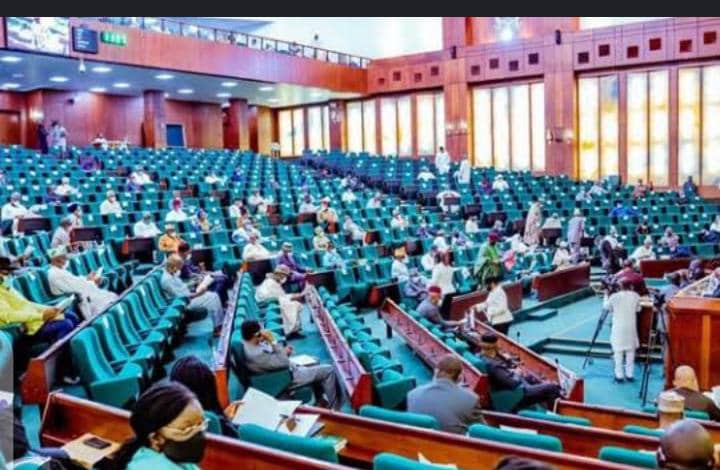


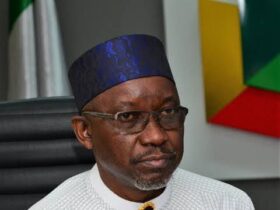
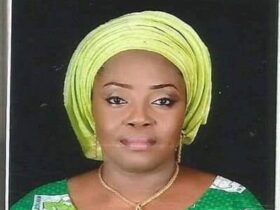
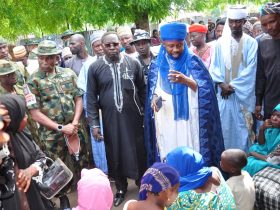
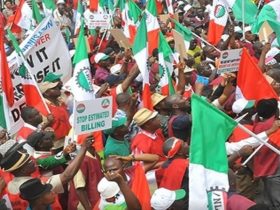

Leave a Reply